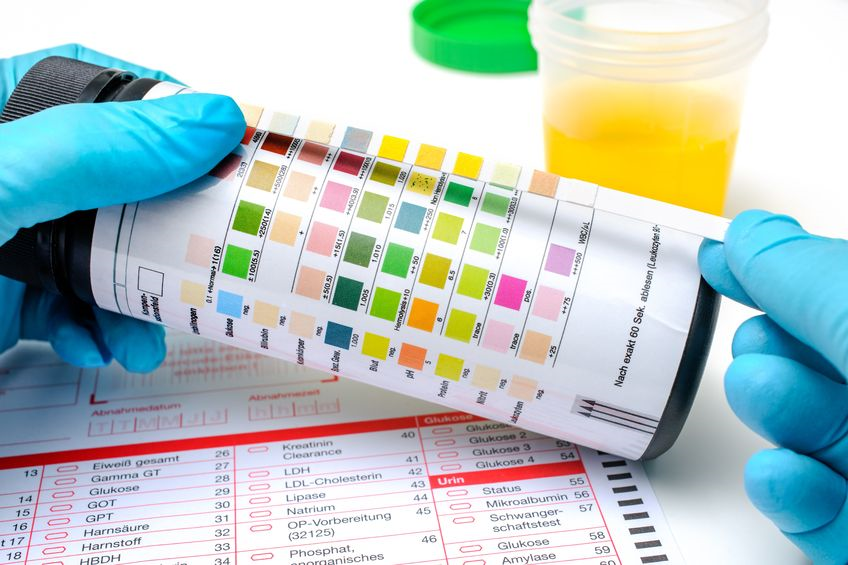Employee Drug Testing Rights
Drug Testing Is now commonplace
Between thirty to one-hundred years ago, asking an employee to submit to drug testing as a condition of continued employment would be unbelievable and most certainly it would have been considered an invasion of employee privacy and a violation of employee rights. Today, such employee drug testing is so commonplace that it generates almost no opposition.
The Wall Street Journal reported that about 90% of Fortune 200 companies have employee drug testing programs. Society now readily tolerates employee drug testing as commonplace. The remarkable aspect about employee alcohol and drug testing is how acceptable it has become in such a short period of time and how employee drug testing laws have evolved so quickly to accommodate this questionable practice.

Drug Testing & Constitutionality
It is well settled by American courts that requiring an individual to provide a urine sample or the purpose of employee drug testing constitutes a search and seizure which implicates an individual's fourth amendment right. Depending upon the facts and circumstances surrounding the drug testing procedure, it may be unconstitutional to be required to provide such a sample. The constitutionality of drug testing, the United States Supreme Court has said, depends upon the "reasonableness" of the employee drug testing in that situation. What is reasonable under the Fourth Amendment depends upon the specific facts and circumstances of each drug testing case. Unfortunately for everyone involved in drug testing, the definition of "reasonableness" has evolved over the years and continues to evolve by decisions concerning individual employee drug testing laws and cases. Certainly, what is reasonable today concerning drug testing was not reasonable twenty or thirty years ago.
If It's Illegal, How Come We Have Drug Testing?
There is no constitutional prohibition or drug testing laws against private individuals or organizations conducting or requiring what would otherwise be unreasonable drug testing for conditions of employment or other similar reason. For example, a private employer may require an employee to submit to random drug testing as a requirement of continued employment even if that employee has never had any history of using drugs and is not currently suspected of using drugs. Employee drug testing laws and constitutional rights will not protect him (much).
Depending upon the facts of how and why such a random drug testing is conducted, an employee who believes his or her employer has required unreasonable drug testing can sue the private employer for an invasion of the employee's right to privacy. Theoretically, an employer may be found civilly liable under current drug testing laws for such an intrusion if a judge or jury decides that the required drug testing procedure pried upon the private affairs of the employee in an objectionable manner. However, under current employee drug testing laws, the invasion would probably have to be extreme. For example, an employer who directly observes an employee provide a urine sample during the drug testing procedure might be liable for an invasion of the employee's privacy under current drug testing laws. However, courts are more and more willing to allow employment-related drug testing under drug testing laws, and your chances of pulling off such a suit are becoming slimmer by the day.
Some states have tried to assuage the situation by enacting their own employee drug testing laws to guide employers in how and under what circumstances they may engage in drug testing their employees. However many states have not enacted any such drug testing laws. In those states, an aggrieved employee must let an arbitrator, judge or jury decide, as the case may be, as to whether the employer has unreasonably intruded into a person's right to privacy during the drug testing procedure.